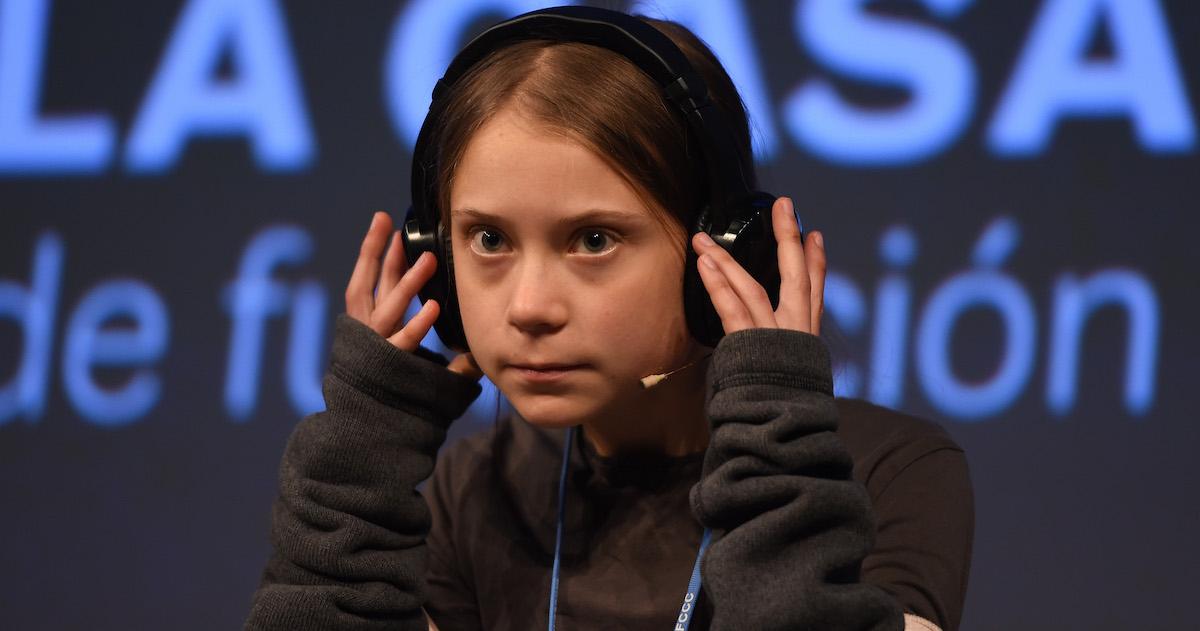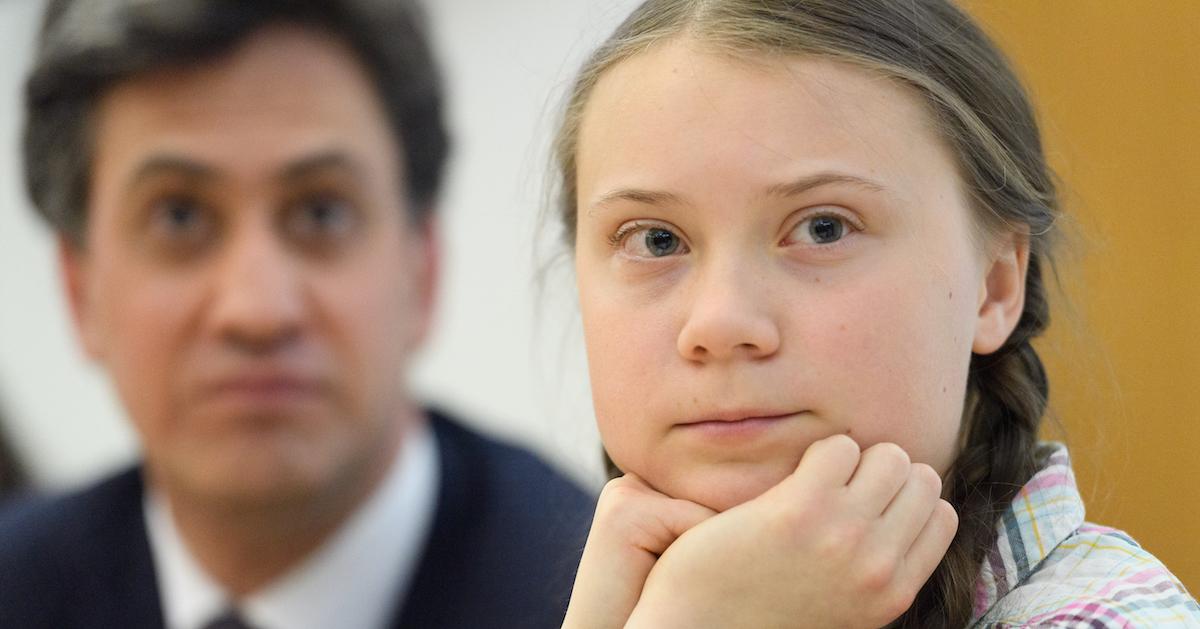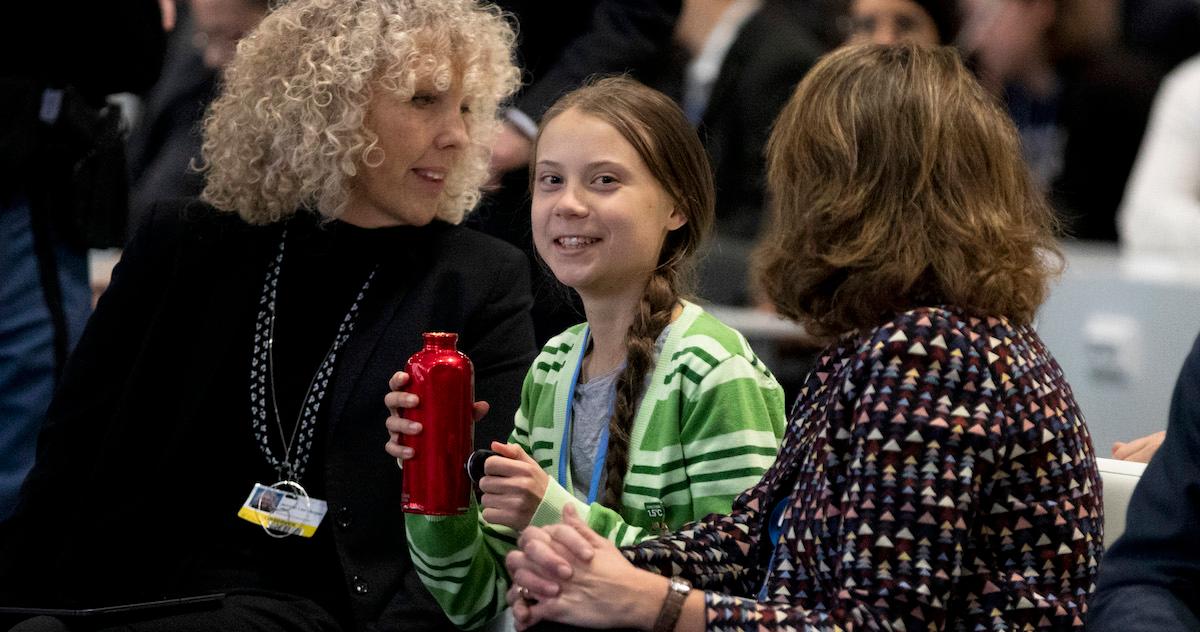Does Greta Thunberg Have Selective Mutism?
Published March 24 2021, 5:02 p.m. ET

Greta Thunberg began leading the fight against climate change when she was only 15 years old, but few people understand how difficult it was for her to come into the spotlight. Back then, the now outspoken teen wasn’t just shy, she had a form of severe childhood anxiety that stopped almost incapacitated her. But does Greta Thunberg still have selective mutism or has she finally gained the confidence she needs to continue to lead the charge?

What is selective mutism?
According to the Selective Mutism Anxiety Research and Treatment Center (SMart Center), selective mutism is a mental disorder that affects a child’s ability to speak or communicate, specifically in social settings. This inability to speak seems to be derived from a sense of social anxiety and usually only manifests in situations like school or public speaking. In settings where the child feels safe or comfortable, however, they can speak and act without any trace of anxiety in most cases.
Children with selective mutism have a very real fear of public speaking and social interactions, especially in situations where there is an obvious expectation of communication. Children with selective mutism might “clam up” in the face of strangers, but they might also evince fear, stand frozen and motionless, or appear completely expressionless.

Does Greta Thunberg have selective mutism?
Greta Thunberg did previously experience selective mutism, a condition that kept her from speaking at all, around age 11. Thunberg's parents, Malena Ernman and Svante Thunberg, have spoken openly about their daughter’s struggle with selective mutism. In the documentary, I Am Greta, Thunberg’s father went into detail about how his daughter’s selective mutism would show itself. "She didn't speak to anyone but me, my wife, and her little sister maybe for three years," he explained.

Where did Greta Thunberg’s selective mutism develop?
According to Business Insider, Thunberg has been diagnosed with Asperger's syndrome, a form of autism that the young activist now refers to as her “superpower.” She did not always feel this way about her condition, however. Thunberg has spoken openly about the catalysts that sparked both her mutism and inflamed her passion for affecting change.
In a 2018 TED Talk, Thunberg described the deep depression she found herself in at age 11 upon learning about the climate crisis. "I stopped talking. I stopped eating...in two months, I lost about 10 kilos of weight. Later on, I was diagnosed with Asperger's Syndrome, OCD, and selective mutism — that basically means I only speak when I think it's necessary."
The frightening reality of climate change had deeply affected Thunberg. Unlike the other children, she could not simply “let things go” as she put it. She worried about her future and that of the planet itself. It weighed on her and kept her mute and depressed. She was introverted, quiet, and felt powerless, according to The Guardian. “I have always been that girl in the back who doesn’t say anything. I thought I couldn’t make a difference because I was too small,” she explained.

How does Greta Thunberg feel about her selective mutism?
That period of self-doubt would be little more than a speed bump in the end. These days, you’d never know that Thunberg was anything but savvy, confident, and fervent about creating positive change in the world. Her autism didn’t allow her to forget the images she’d seen in class about climate change, and yet somehow, she transformed that obsession into a righteous passion.
Since then, Thunberg has spoken to world leaders, scientists, bankers, and bureaucrats without betraying a whiff of fear or uncertainty. It seems that her days of mutism are behind her, though she does freely admit that she still doesn’t enjoy socializing as much as some might expect. "I don't like making small talk with people or socializing...sometimes I go quiet for hours simply because I can't talk," she explains in the I Am Greta documentary.